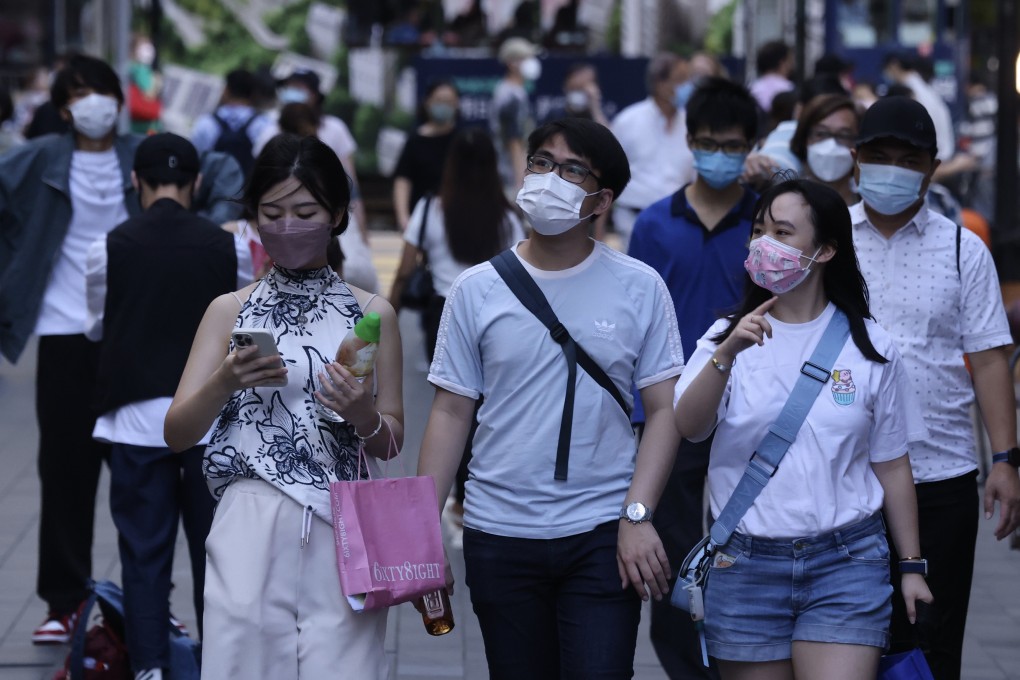Coronavirus: top government advisers approve measure allowing Hongkongers to gather in groups of 12 from Thursday
- Top advisers approve move at Tuesday’s Exco meeting, with authorities earlier indicating more social-distancing curbs would also be eased on Thursday
- City leader separately admits reopening of border with mainland China unlikely to happen soon

Hongkongers will be allowed to gather in public in groups of 12 on Thursday, up from four, after a top political advisory body approved the measure, 1,000 days after Covid-19 arrived in the city.
But despite the further easing of the city’s coronavirus restrictions, Chief Executive John Lee Ka-chiu on Tuesday indicated that a full reopening of the border with mainland China or relaxation of Hong Kong’s entry regime were unlikely prospects for the time being.
The reopening of the border with the mainland is seen by proponents as a critical step for Hong Kong to catch up with rivals such as Singapore, after nearly three years of being closed off from the world.

“I will have to wait for further ideas from our mainland counterparts so that we can really work out the details,” Lee said, revealing his administration was still working with mainland authorities to “iron out some challenges” and areas in which adjustments by the city were needed to ensure its thousands of daily Covid-19 cases would not spill across the border.
Some social-distancing measures in Hong Kong were already set to be lifted from Thursday, after the government last week announced it would allow live performances at entertainment venues, among a raft of other new measures.
However, members of the Executive Council, the city’s key decision-making body, on Tuesday approved an increase for the cap on public gatherings to 12 from the previous four. The limit was last relaxed on April 21 from two to four people, when the fifth coronavirus wave began to subside.
The move came as health officials logged 4,954 coronavirus infections, 388 of which were imported, and seven additional deaths. Hong Kong’s overall tally stands at 1,848,163 cases and 10,285 related fatalities.